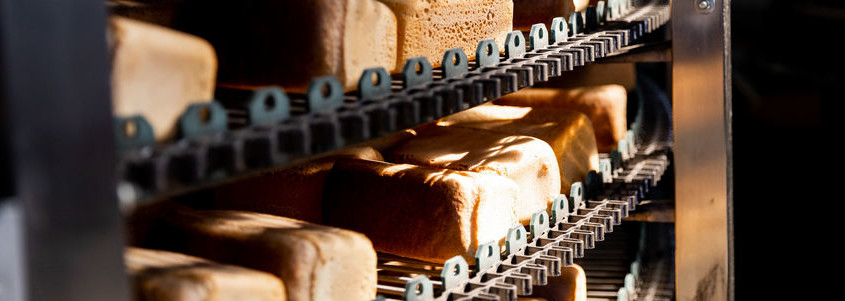
Calcium propionate, or cal pro, is a highly popular preservative that gives an impressive shelf life to bread products. Since the 1930s, bakeries have been using it to stop outbreaks of ropy bacteria.
Here are a few tips for baking with it:
- Works best at a pH below 5.5. If higher, add in salts of benzoic or fumaric acid.
- Unlike potassium sorbate, it has little effect on yeast and does not interfere with its fermentation.
- Recommended usage level is 0.1 to 0.3% dry flour weight.
- Great for preventing mold and rope bacteria.
- It’s water soluble and easy to apply.
Will calcium propionate work in cakes?
The high use level and available calcium interferes with the leavening action. So it’s not a good preservative for batter products. In addition, potassium sorbate is more effective in cakes.
What about clean label products?
Calcium propionate is formed by neutralizing propionic acid with calcium hydroxide. It’s still safe to consume. However, if you’re trying to bake natural products, you’ll need to find an alternative in acids and cultured wheat.
Is it safe to bake with? Find out.

